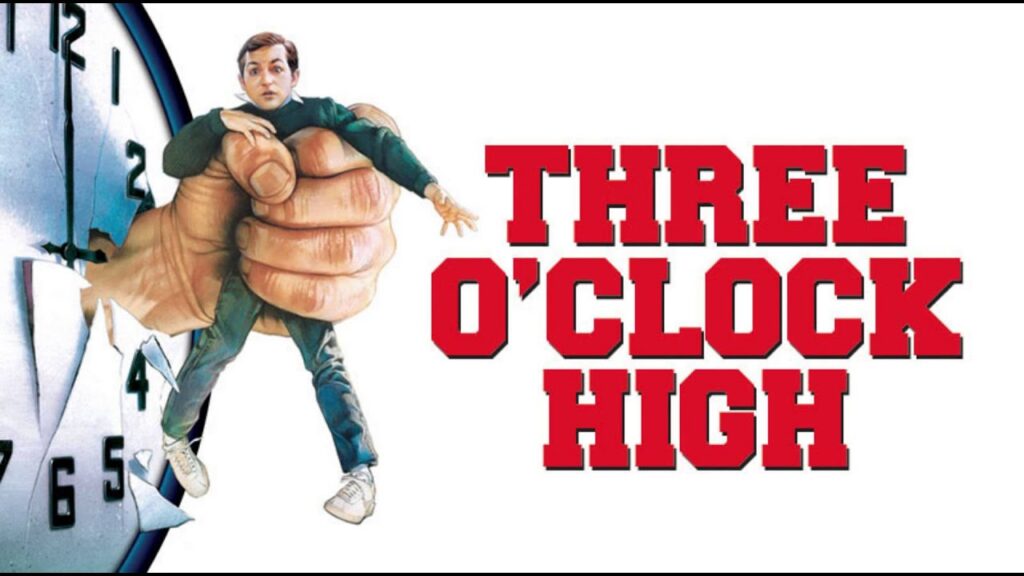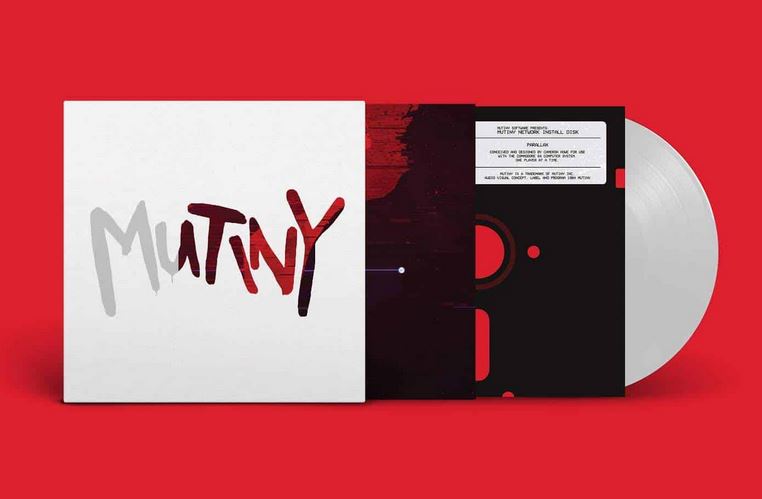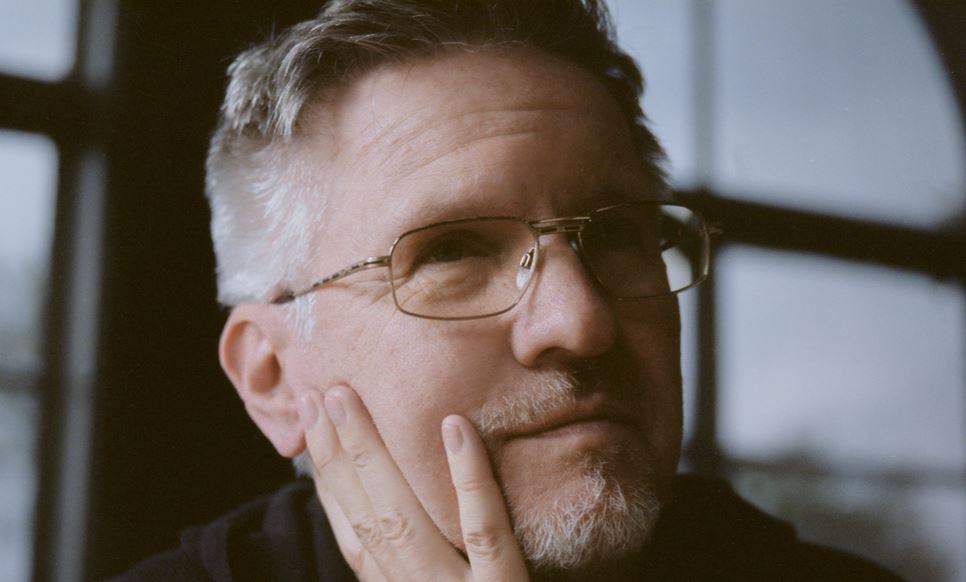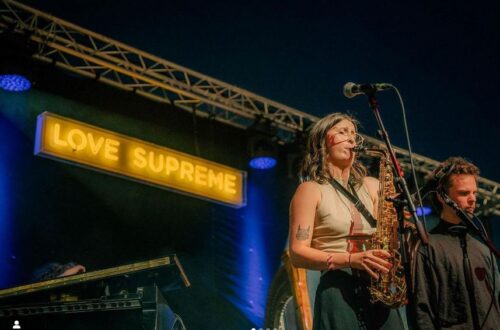If you were around in the ’80s, few things defined “cool” like music did. And, film fan or not, the top of that list is most likely going to be Tangerine Dream: the German electronic music outfit who dominated airwaves and theaters with their cutting edge electric sound. One key member of that ensemble pushing the electronic side of the band was young Paul Haslinger who joined up with them after their big hits like Sorcerer and Risky Business.
Bringing a younger video game sensibility, he helped change the course of their sound for the better and contributed plenty including scores to Near Dark, Miracle Mile and Three O’Clock High. Since then he’s become a big league film and TV composer working with the likes of Graeme Revell and others before truly making it on his own. Haslinger has had a lot of success with the themes and music in the Resident Evil and Underworld series among several others.

This year saw the 35th anniversary re-release of Three O’Clock High score on vinyl from Varèse Sarabande. The ill-fated Phil Joanou film lives on long after it flopped at the box office because of the DVD market as well as Tangerine Dream’s immortal soundtrack (which includes excellent additional work from Sylvester Levay). Halt and Catch Fire (below) had stunning vinyl release from Lakeshore Records a few years back and both are essential electronic works for you soundtrack fans.
Seen as a turning point in his career, the hit AMC show gave Haslinger an incredible artistic opportunity over the course of four seasons. It might just be his most personal work simply because of the psychological character study paralleled his approach to refining his own work. Additionally, the score is not an extrapolation of his work from an album like 1994’s Primitive Future, but his opportunity to improve on the personal and professional work he had done decades earlier.

The straightforward ’80s approach to the sonic style expanded with the characters and so the musical palette expanded to ’70s and ’60s styles but he used granular and non-linear processing that was not the style of that time. All that said, the soundtrack is incredibly unique and one of the most memorable works in his career.
In this interview, we touched on his long-standing working relationships with directors like John Stockwell and Paul W.S. Anderson as well as some impressive current gigs like the captivating four-part docu-series about The Amityville Horror for MGM+ and an Alex Winter documentary about YouTube (called The Youtube Effect). Both of those project drop in the coming weeks. Beneath his cool demeanor lies a lifetime of musical experiences and stories, so jump in and join us for the latest episode of the GoSeeTalk Podcast Experience!





